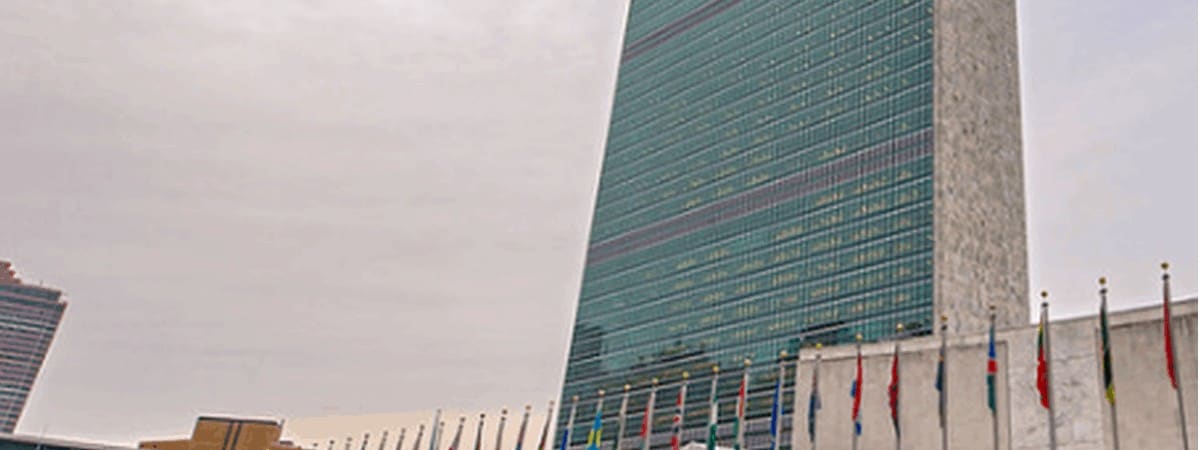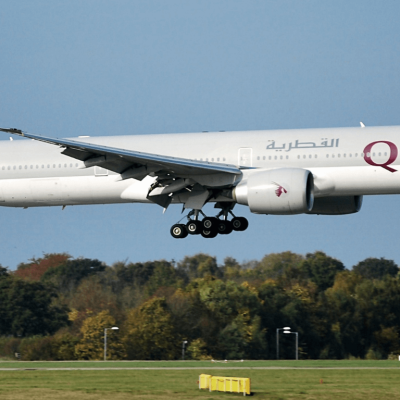Terrorism Portfolio What did Qatar do in Syria and Libya?.

Although the United Nations is concerned with the issue of terrorism and measures to combat it as a crime that threatens the first and most important human right, countries that support terrorism and use it as a tool for political and economic pressure have benefited from the absence of an international agreement obligated to stop supporting and financing terrorism.
Up to this point, the member states of the United Nations are still negotiating a draft comprehensive convention on international terrorism, although on September 8, 2006 they adopted the United Nations Global Counter-Terrorism Strategy, which is in the form of a resolution and action plan with a unique global instrument that it said will improve national and regional efforts. And international aimed at combating terrorism.
These principles stipulate the criminalization of terrorist crimes, make them subject to punishment under the law, call for prosecution or extradition of perpetrators, drying the sources of terrorism and its financiers, and calling on member states to take measures to prevent terrorist acts, and stressing the need for Member States to cooperate and exchange information and provide each other with each other With the utmost assistance in preventing, investigating and prosecuting terrorist acts.
By applying these texts to the actions of the State of Qatar, we find that they completely ignore these rules, as they continue to support and finance a number of terrorist organizations in the Middle East, led by the Brotherhood, and the reasons for Qatar’s support for terrorism have turned into an ideology and political belief that has leaked and taken root in all the Qatari military and security institutions Diplomacy and even charity, and the large financial surplus that the State of Qatar has a low population density has turned into a catastrophe for the Gulf and North Africa, because it was behind the unprecedented increase in terrorism in the region, accompanied by the emergence of many terrorist groups under Several mechanisms supported by Qatar with funds and arms, prompting Arab states to boycott Qatar in order to besiege its terrorist activities.
The accusations against Qatar of financing global terrorism increased and its apparent failure to control its citizens who finance terrorist activities in Yemen, Syria, Iraq and Libya, as well as its failure to take strict measures against the terrorist terrorist networks in the country.
Qatar has violated non-cooperation with the anti-terrorism measures applied by the Arab Quartet countries, the International Convention for the Suppression of the Financing of Terrorism issued by United Nations General Assembly Resolution No. 54/109 of December 9, 1999 issued on January 10, 2000, which confirmed in its preambles the condemnation of all acts of terrorism His methods and practices, considering that they are unjustifiable criminal acts, wherever and by whomever they are committed, including what endangers friendly relations among nations and peoples and threatens the territorial integrity and security of states.
The Center for Strategic and International Studies in Washington called on the American administration to use all its agencies to stop the financial and logistical support that terrorist groups in Syria receive from countries such as Qatar and Turkey.
A report published by the center entitled “Developing a containment strategy in Syria” revealed that Qatar provided support to groups embracing extremist ideology in Syria, where it participated in 2015 in forming the “Army of Conquest”, which included factions such as “Ahrar al-Sham” and “Jabhat al-Nusra”, The latter was previously affiliated with Al Qaeda.
These accusations were reinforced by the confessions of Essam El-Hana, nicknamed “Abu Mansour Al-Maghrabi”, the former leader of the Al-Nusra Front, who was arrested in Iraq, that the Qatari sheikh, Khaled Suleiman, was closely related to the Al-Nusra Front, and funded it with a million dollars a month.
Qatari charities are also pursuing accusations of financing terrorism in Syria, including the Qatar Charity Association. The Board of Directors is chaired by Hamad bin Nasser bin Jassim Al Thani, and it is accused of facilitating the travel and financing of members of the organization by transporting them from Eritrea, and providing financial support for terrorism in Syria, Yemen and Libya.
A documentary film broadcast by Sky News, titled “The Tree of Darkness,” revealed important information about the relationship between Qatar and Turkey with extremist organizations in Libya by offering the absent prayer to the terrorist Wissam Bin Hamid, which is also known as “Aba Khattab Al-Libi”, one of the founders of the Shura Council of the Benghazi Revolutionaries. Listed on the list of terrorist organizations in Istanbul on May 1, 2018, the imam of the prayer, Salim Jaber, who was wanted on the lists of terrorism and a member of the International Union of Muslim Scholars in Qatar, was among the attendees of this prayer leaders of the Libyan fighting group Khaled al-Sharif, Ahmed al-Saadi, and they were chanting The songs of ISIS.
The “Tree of Darkness” revealed the Qatari officer, Hamad Fatees Al-Murri, who was tasked during the Libyan revolution with the late President Muammar Gaddafi to lead the terrorist attacks against military installations in Libya, with the assistance of his Qatari colleagues.
He pointed out that about 20 Qataris came from Doha to reside in Libya hotels, to participate in the management of the so-called crisis management alliance with the participation of the Islamists at that time, and in the city of BenGhazi in particular, noting that the Libyan officer, Abdel Fattah Younis, refused that alliance to manage the crisis, and insisted that Its members must be from Libya.




